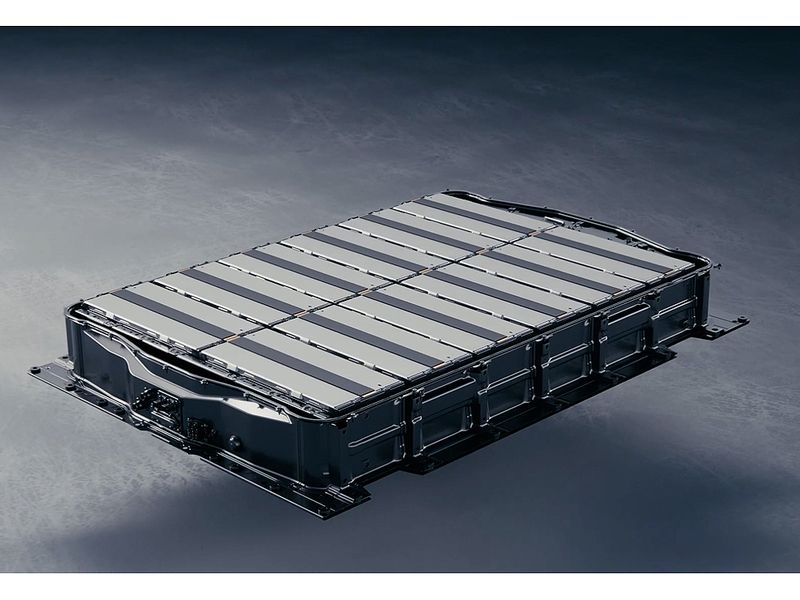
DETROIT — Ultium Cells, General Motors and LG Energy Solution’s joint venture, has partnered with Li-Cycle to recycle up to 100 percent of material scrap from battery cell manufacturing, the company said Tuesday.
The agreement with Li-Cycle will enable Ultium Cells to recycle cobalt, nickel, lithium, graphite, copper, manganese and aluminum, and 95 percent of the materials can be used to produce batteries for adjacent industries, Ultium Cells said in a statement. The companies will begin the recycling process this year.
“GM’s zero-waste initiative aims to divert more than 90 percent of its manufacturing waste from landfills and incineration globally by 2025,” Ken Morris, GM vice president of electric and autonomous vehicles, said in a statement. “Now, we’re going to work closely with Ultium Cells and Li-Cycle to help the industry get even better use out of the materials.”
Ultium batteries, the next-generation batteries that will power GM’s electric vehicles starting with the GMC Hummer pickup this fall, will feature a modular design, which makes them easier to reuse or recycle.
“We strive to make more with less waste and energy expended,” said Thomas Gallagher, COO of Ultium Cells. “This is a crucial step in improving the sustainability of our components and manufacturing processes.”
The hydrometallurgical recycling process for the Ultium batteries emits 30 percent less greenhouse gas than traditional processes, Ultium Cells said in the statement.
GM has recycled or reused all of the battery packs it has received from customers, including warranty replacements, since 2013. Most current GM EVs are repaired with refurbished battery packs, Ultium Cells said.
GM also uses end-of-life EV batteries in stationary backup power sources, the automaker said in its 2020 Sustainability Report. At the Milford Proving Ground in Michigan, GM uses recycled batteries to balance its use of the electric grid as it works to achieve zero-net annual energy for Milford’s office building.
GM is also working with the U.S. Department of Energy and U.S. Advanced Battery Consortium to advance lithium ion battery recycling and is studying recycled materials that could replace raw-mined materials, according to the report.

